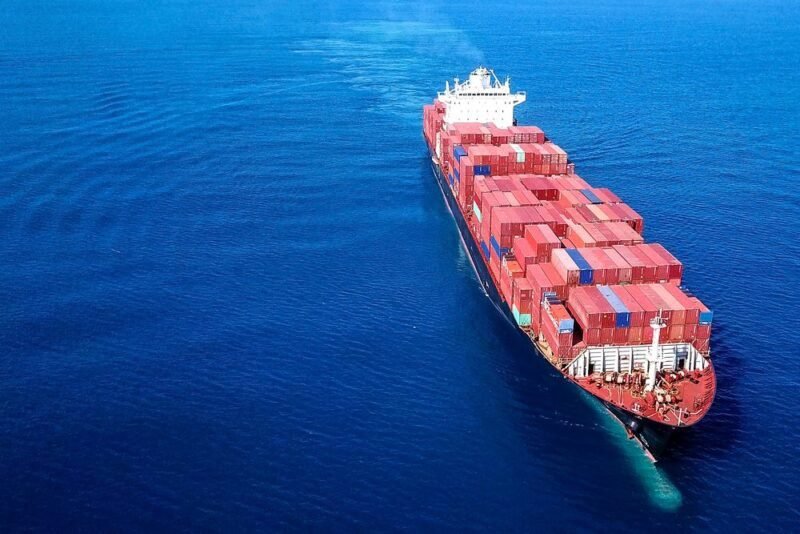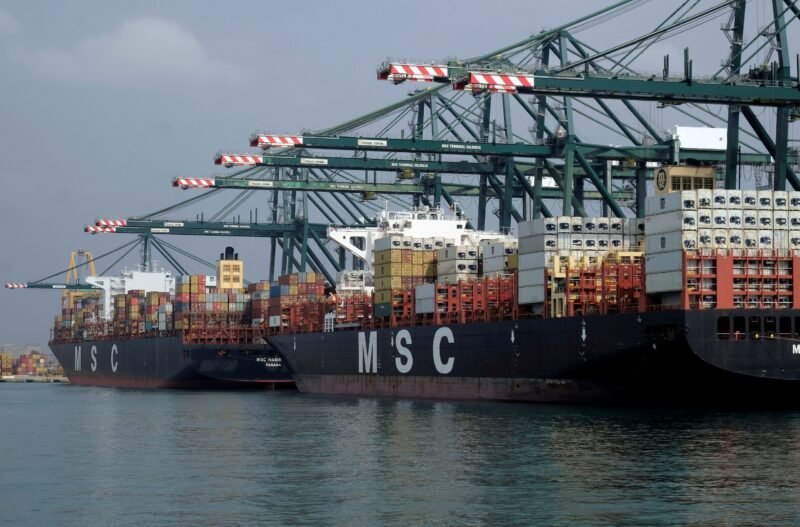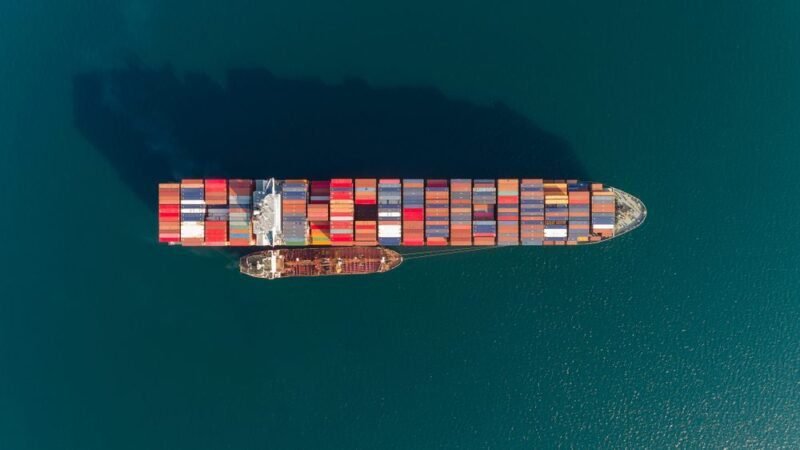Attacks by Iran-backed Houthi fighters on ships in the Red Sea have disrupted shipping in the Suez Canal, causing concerns about the impact on the European economy. The disruptions could derail central banks’ plans to cut interest rates this year. However, so far, the impact on the European economy has been small to negligible, with no noticeable impact on production and key economic indicators.
The global economy is still performing below average, providing some room for maneuver. Oil prices have not yet been impacted, as supply is solid and demand growth is slowing. The disruptions have not affected consumer price inflation as many companies have absorbed higher costs. However, if the disruption persists, it may strain companies and the economy, leading to higher inflation and slower economic recovery.
In the longer term, the disruptions could lead companies to explore alternative delivery routes, but they may result in higher costs. However, despite the possible impact on inflation and economic recovery, the disruptions are not expected to prevent the expected shift towards lower interest rates. Overall, while the immediate impact on the European economy has been limited, continued disruptions could have a more significant impact in the future.
Share it now









